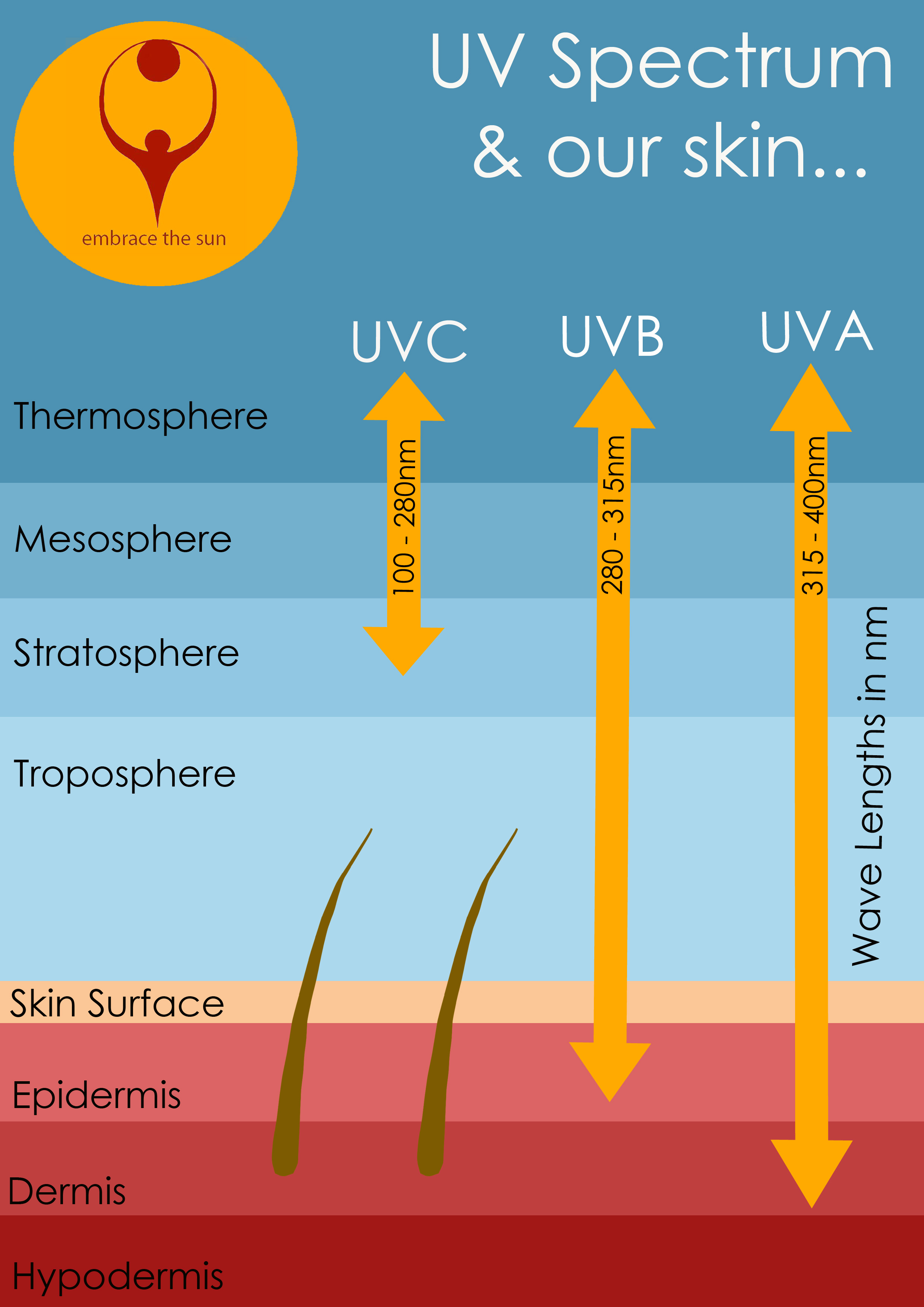Choosing the Best Sunscreen

The absolute basics for choosing the best sunscreen for me are:
- one that doesn't have a really unappealing smell
- goes on smoothly and evenly
- doesn't irritate my skin in any way with a rash or make it itchy
- offers broad spectrum protection, ie. protects from both UVA and UVB ray damage
BUT it's a little more complex than that...
Best sunscreen protects as well as heals
It goes without saying that it needs to protect me from getting sunburnt, but preferably also provides nourishment and/or healing properties.
These are some of the basics by which to choose a sunscreen, but in actual fact if you are sunscreen savvy, I believe there are 3 other aspects that are more important aspects to consider:
- Natural vs chemical
- Non-toxic ingredients
- Added antioxidants
Best sunscreen: Natural vs chemical choice?
Truly the best natural, non-toxic sunscreen ingredient available is Zinc Oxide and sometimes it is even referred to as the only safe sun protection ingredient to look for in a tube. This is mostly because it is able to protect us from the full spectrum of both UVA and UVB rays, effectively on it's own without assistance from any chemical sunscreens and as and in itself it is non-toxic.
By sitting on the surface of the skin it forms a physical barrier between the rays of the sun, deflecting them from your skin and any penetration and does not penetrate the skin itself.
The downside is that because it does not rub into the skin, many people find the opaque whiteness too unsightly on the beach.
Cricketers are well known examples of wearing Zinc Oxide creams on their noses, lips and ears while they stand for hours in the sun when fielding a game.
Many other sportsmen follow their example, including surfers, snow skiers, yachtsmen and many extreme sports people.
However, the upside is that you don't get to tempt skin cancer and I'd really rather me and my kids were safe than fashionable!
However, there are "micronized" zinc oxide sunscreens available that look less opaque on the skin. These are not as small as the "nano-particle" sized sunscreens but are small enough that they rub into the skin without that complete opaque white look, but not so small that they then penetrate the skin.
Apparently the smaller sized particles of the minerals can protect us more efficiently from the UV rays of the sun.
Not all sunscreens will print on their labels whether they have chosen to use a 'nano' or 'micronized' version of either zinc oxide or titanium dioxide. As a general rule you can rest assured that if your mineral sunscreen rubs on without whiteness, it will be using a micronized or nano version.
These are proving to be increasingly popular as the best combination for both health and vanity.
Non-toxic ingredients for the best sunscreens
There are many other claims that can be made by sunscreens, but after choosing zinc oxide for the active ingredient, the next focus for me is to make sure the other ingredients are not potentially toxic.

Cosmetics in general can contain a multitude of undesirable toxic ingredients that include:
- Parabens: used as preservatives, and known to be endocrine disruptors, which can upset the hormone balance and cause reproductive cancers in both men and women
- Mineral oils, Parafin or Petrolatum: have a multitude of possible undesirable effects like clogging of the pores and trapping toxins; slowing skin cell growth; robbing bones and the nervous system of magnesium; estrogenic effects; absorbing vitamins A,D E and K from the body and excreting them
- Unnatural polymers used for water resistance purposes that clog the pores, stopping the skin from breathing
- PEG, (Polyethylene Glycol) which contains dioxane, a powerful carcinogenic
- Sodium Laurel Sulfate: if combined with certain chemicals will become Nitrosamine which is carcinogenic and penetrates the skin's moisture barrier
The best sunscreens contain added antioxidants
 Antioxidants from natural ingredients
Antioxidants from natural ingredientsAlthough the sun provides incredibly valuable life-giving energy to us humans, especially through the creation of Vitamin D in our skin, an over-abundance of the sun's rays can create problems.
Sunlight is said to create free radicals in our skin. In normal situations, if you are healthy and don't over-do the sunshine exposure, your body will adequately combat any free radicals in the skin. This is due to the fact that you have enough antioxidants to render the free radicals harmless and is a normal bodily function.
It's when there is an imbalance like too much sun exposure, or sunburnt skin, that you may end up with a situation where the body cannot deal with the extra load of free radicals created.
Many of the best sunscreens now include natural antioxidants like Vitamins E and C ,or botanicals like green or black tea to add to the natural ability of your body to counter the formation of free radicals in the skin. There are even more powerful antioxidants like astaxanthin and superoxide dismutase being added for their fabulous protection and healing properties.
There doesn't seem to be any negative side to having extra antioxidants, so this is always an attractive feature of any sunscreen. Protect and heal.
The above reflects some of my research on how to go about looking for the best sunscreen and hopefully has given you some ideas. I strongly recommend you do some of your own knowledge seeking as the whole sunscreen world is quite complex.






New! Comments
Have your say... please leave me a comment in the box below.